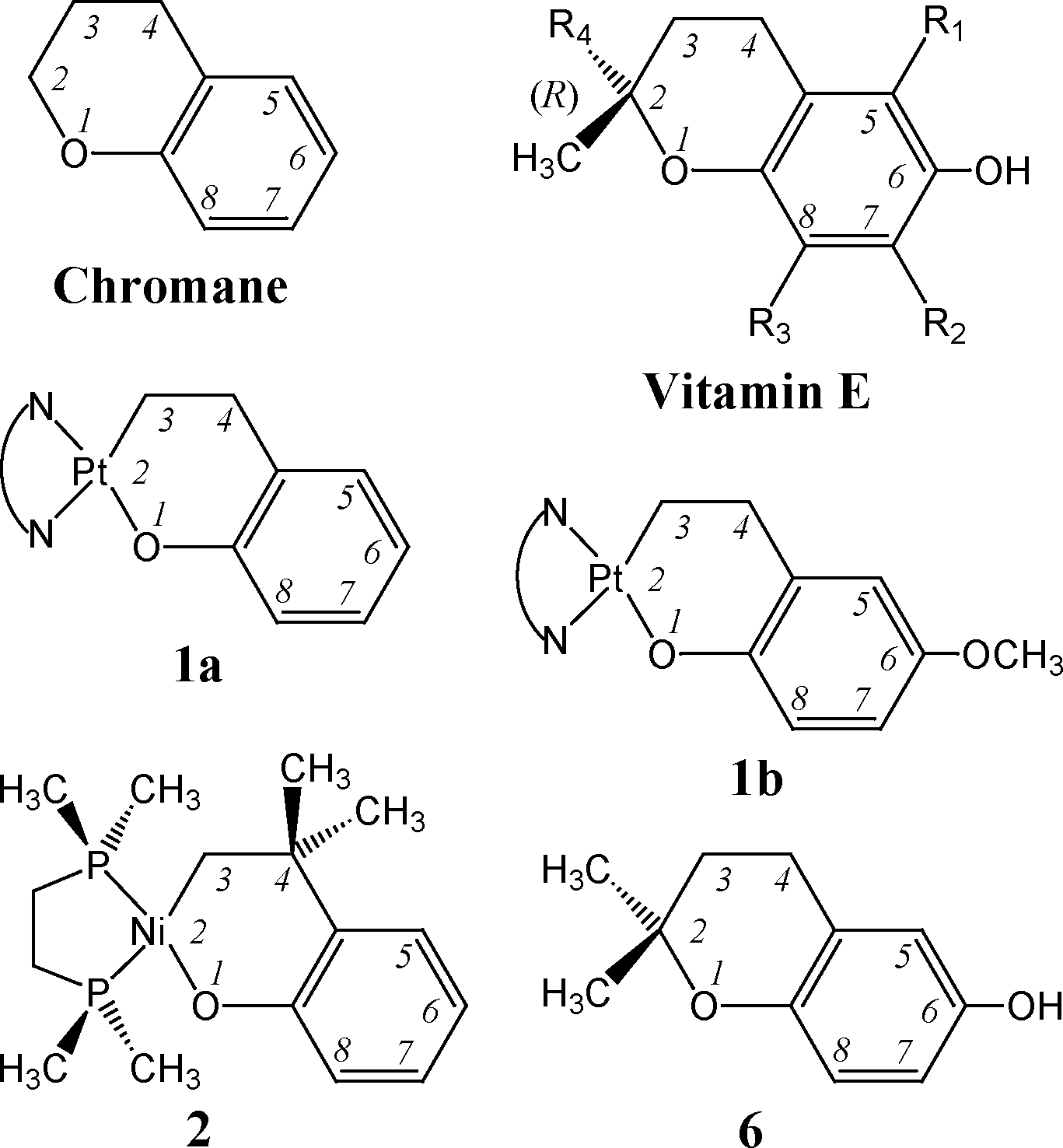Vitamin E
CAS number: 59-02-9
In 1922, vitamin E was demonstrated to be an essential nutrient. Vitamin E is a term used to describe 8 different fat soluble tocopherols and tocotrienols, alpha-tocopherol being the most biologically active. Vitamin E acts as an antioxidant, protecting cell membranes from oxidative damage.
Related images
Related Questions and Answers
A: Vitamin E supplementation, especially with α-tocopherol, has been shown to improve cognitive performance in some studies, particularly in domains such as memory and executive function. However, results are inconsistent, and the efficacy of vitamin E supplementation on cognitive performance may depend on factors such as dosage, duration of supplementation, and baseline cognitive status.
A: Vitamin E isomers, including tocopherols and tocotrienols, play significant roles in neuroprotection. They scavenge free radicals, regulate inflammatory pathways, and maintain membrane stability. Tocopherols, particularly α-tocopherol, are associated with improved cognitive performance and reduced neuroinflammation. Tocotrienols, while less studied, show potential in reducing oxidative damage and protecting brain structure, particularly in white matter.
